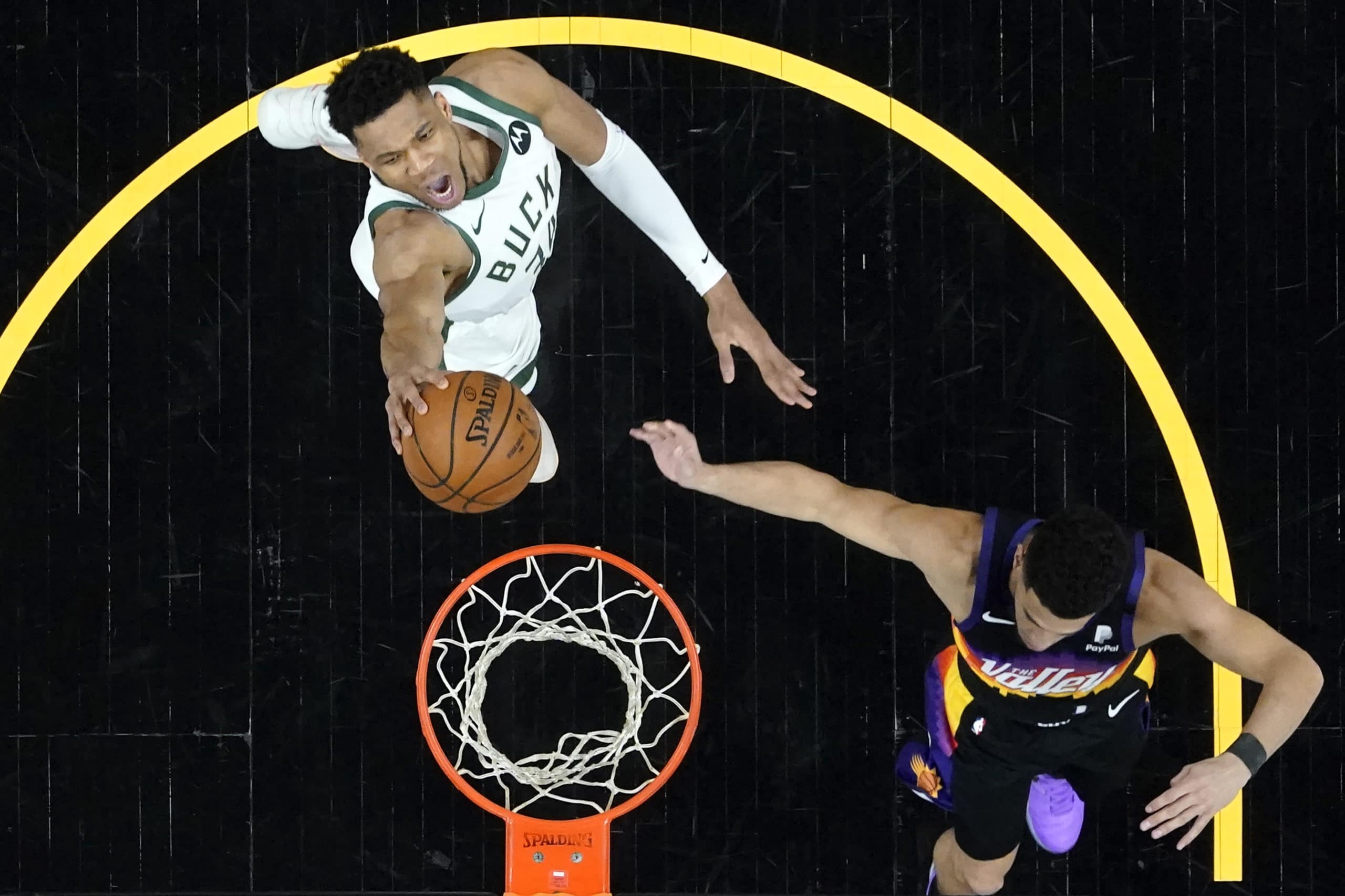The recently-launched NBA Africa is seeking to elevate basketball on the continent, and the Basketball Africa League held in Rwanda was a historic game-changer.
BY ARNOLD KWIZERA
The hosting of a global or continental sports tournament in the midst of a pandemic is no mean feat, and making it successful an even greater achievement.
The inaugural Basketball Africa League (BAL), Africa’s premier men’s basketball league, at the newly-built Kigali Arena in Rwanda in the second half of May saw Egyptian giants Zamalek crowned champions of the first-ever National Basketball Association (NBA)-backed league outside of North America.
But it was not only the triumph of the North African side that was a highlight at the tournament. The event brought together leading global names to the East African hill city of Kigali. For a football-crazed continent, this marked a new beginning for basketball in Africa.
The star-spangled event featured some big names. In attendance was French President Emmanuel Macron, the former CEO of Credit Suisse Tidjane Thiam, American businessman and co-owner of NBA franchise Milwaukee Bucks, Wes Edens, basketball royalty such as Dikembe Mutombo and Joakim Noah, and ardent basketball fan and tournament host, Rwanda’s President, Paul Kagame.
The continent’s music stars were in attendance too – from Nigeria, South Africa, and the Democratic Republic of the Congo – descending on Kigali’s green streets for the historic event.
The two-week tournament kicked off with attention brought to it by the participation of Grammy-award-winning American rapper J.Cole’s set for Rwanda’s Patriots Basketball Club.
The inaugural BAL season featured 12 club teams from 12 African countries: Algeria, Angola, Cameroon, Egypt, Madagascar, Mali, Morocco, Mozambique, Nigeria, Rwanda, Senegal, and Tunisia.
BAL was supposed to be held in 2020 in Senegal capital Dakar but the pandemic pushed it out. That didn’t deter the organizers from holding it a year later, moving the showpiece to Rwanda. Taking lessons from the NBA bubble created to host the 2020 playoffs, BAL was held as a live event ensuring the safety of all players and staff. Spectators had to present a negative Covid-19 test and attendance was limited with social distance measures observed.
THE BEGINNINGS
In February 2019, the NBA and International Basketball Federation announced they would jointly set up a continental clubs basketball tournament. The announcement made by NBA commissioner Adam Silver during the All-Star Weekend dwelt on a champions league format competition whose long-term aim would be to tap into not only a growing basketball market but also create opportunities for talent from Africa to play at an elite level.
Think Joel Embiid from Cameroon, who finished second in this year’s Most Valuable Player voting in the NBA, or Pascal Siakam, an All-Star player who had an integral part in the Toronto Raptors winning the 2019 NBA championship.
Experts say Africa has the talent but for a long time has lacked a formal structure to propel that very talent.
“When you think of the likes of Hakeem Olajuwon, a former NBA Most Valuable Player, we have never lacked in talent but we need infrastructure to help us tap into this talent and create opportunities for young Africans,” says Masai Ujiri, President of the Toronto Raptors.
Masai, of Nigerian and Kenyan origin, has been influential in bringing NBA programs to the African continent.
But one man key to the tournament was Amadou Gall Fall, the soft-spoken Senegalese at the helm of BAL, who brought global brands and businesses to the event for multi-year partnerships of the league that is now being valued at more than $1 billion.
THE OPPORTUNITIES
Edens, known for his investment in sports, said the potential of BAL is enormous with now being the right time: “There is no doubt the talent is there, the market is there but what largely lacked is the infrastructure. This is not only an opportunity for sportsmen but for economies on the African continent to tap into a whole new ecosystem.” According to BAL chief Fall,the opportunities are beyond the basketball played on court.
“We have to look at the potential for growth of the creative industry, the coaches, agents, it’s a whole network that we as Africans can tap into,” he said.
For this to happen, leadership on the continent will need
to chip in. On meeting with BAL and NBA officials in 2018, Kagame had asked what it would take for his country to be a part of the development of the sport. He was told the country would need a world-class facility for the tournament. The 10,000-seater Kigali Arena was hence built from the ground up.
“It is such visionary, people-centric leadership that we need on the continent for our growth,” said Ujiri.
WHAT NEXT?
At the awards ceremony, Fall announced that Kigali would host the next two editions of the tournament with a stronger focus on empowering national leagues. “We need to strengthen the enthecompetitiveness of the national leagues as this will have a long- term impact on the quality of the tournament,” he said.
As the organizers of the tournament, NBA Africa pledged its support to national leagues with various partners also doing so.
“We have to create more funding avenues and have an all-rounded ecosystem; when you look at the NBA, it employs more people than the number of athletes,” said Mutombo, one of the investors in NBA Africa.
As Zamalek’s captain Mostafa Kejo lifted the Baobab tree-inspired trophy, it not only brought the curtain down on a world-class tournament but heralded the beginning of a new dawn for the sport on the African continent.
